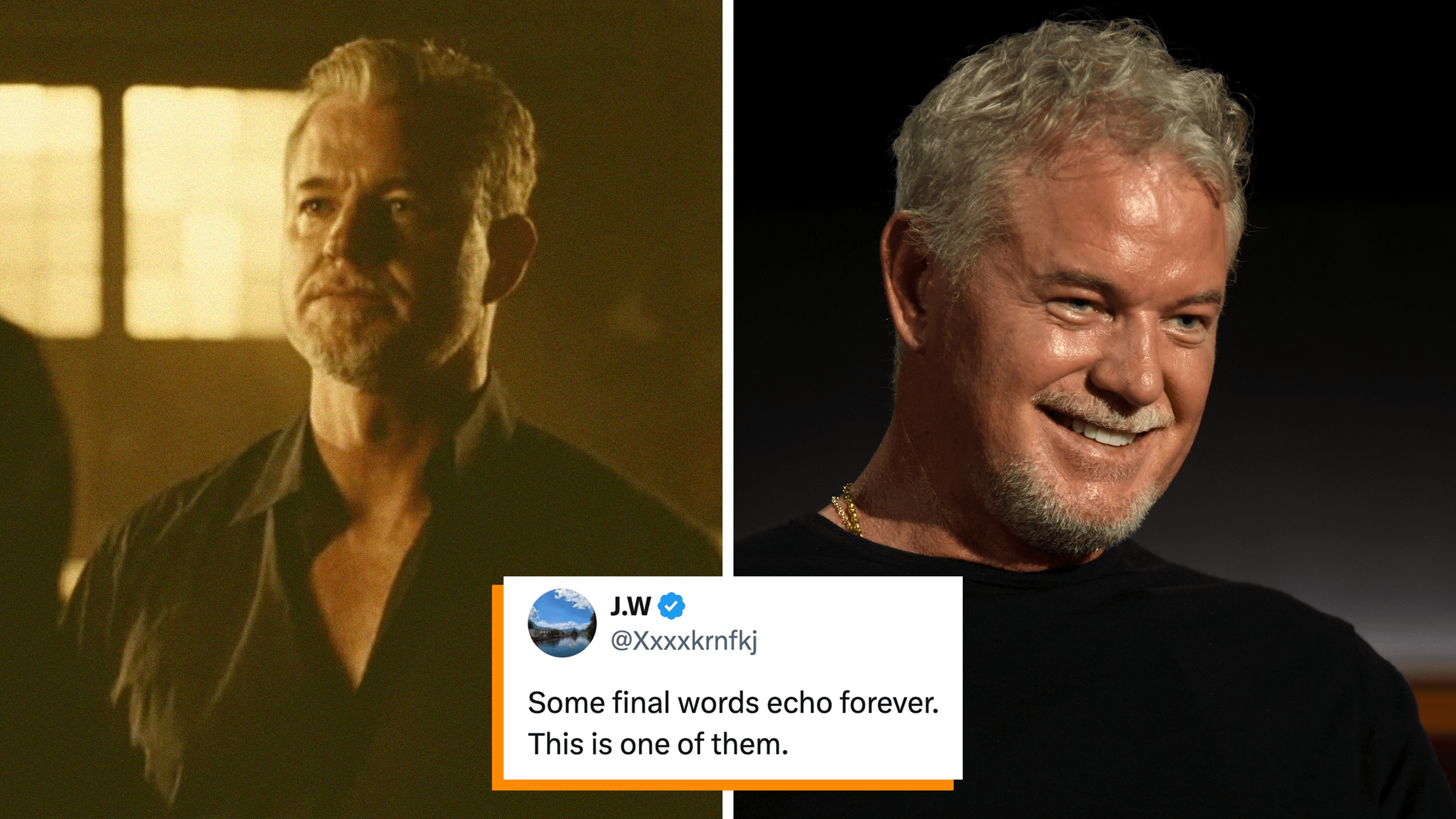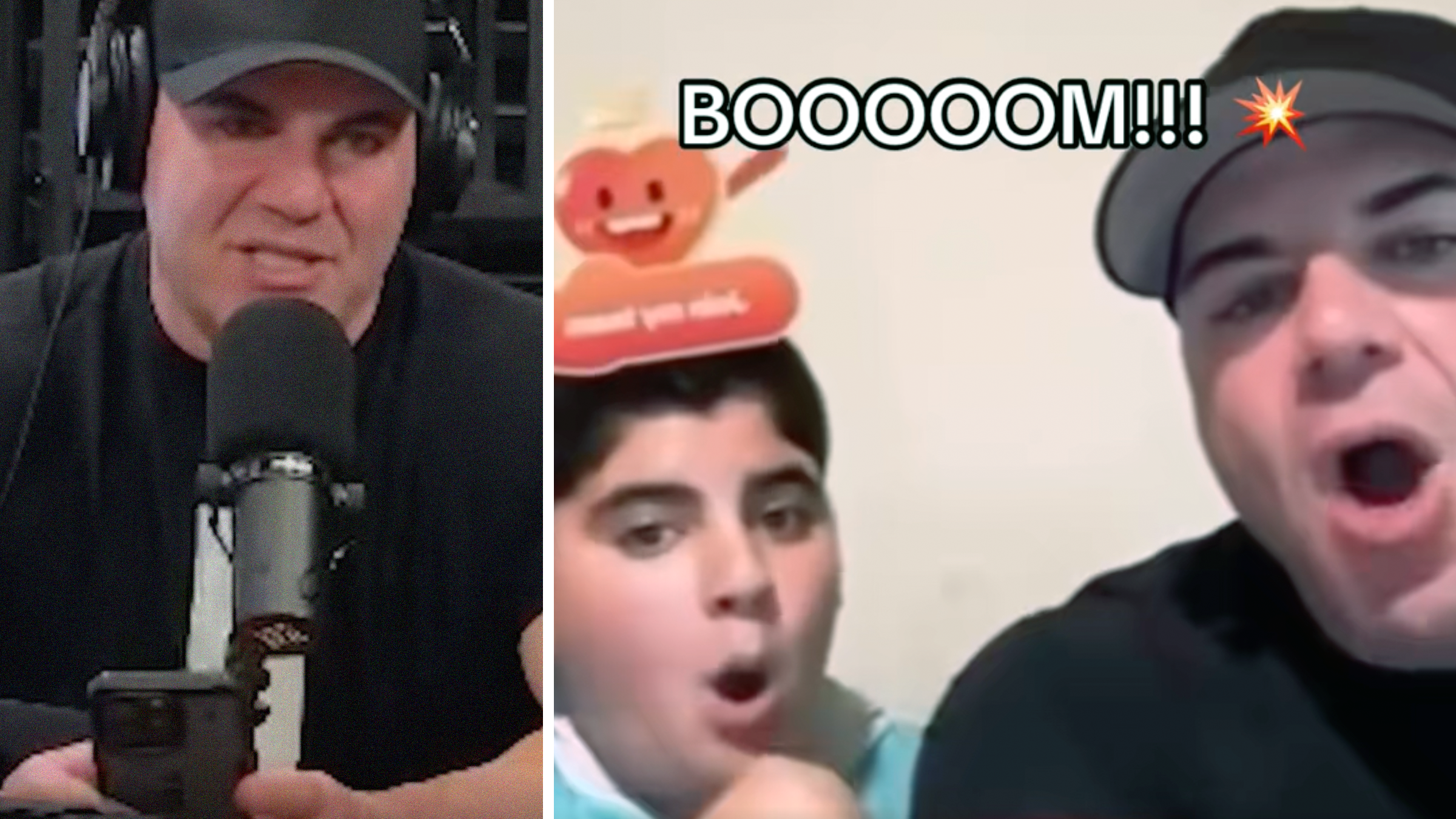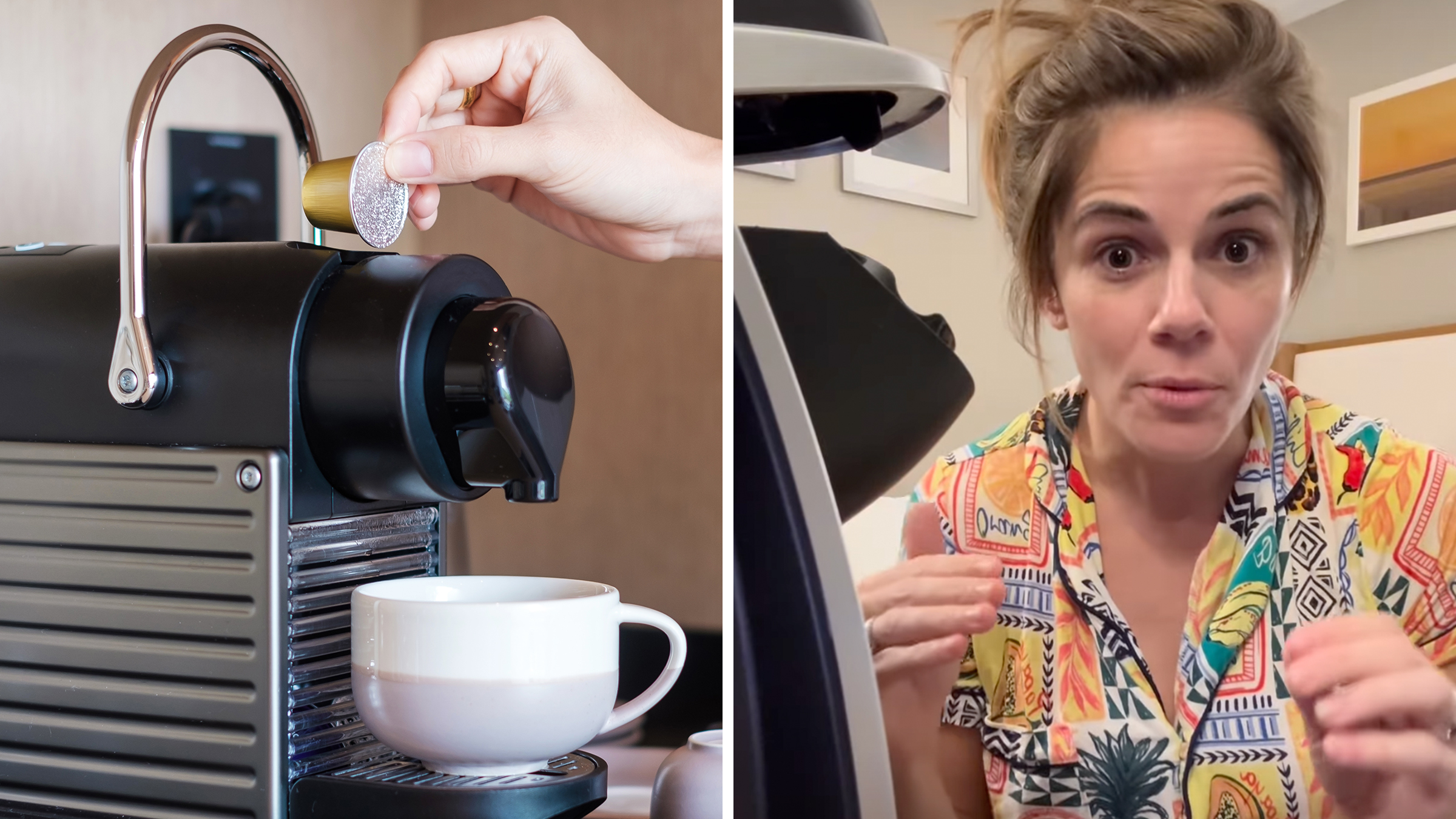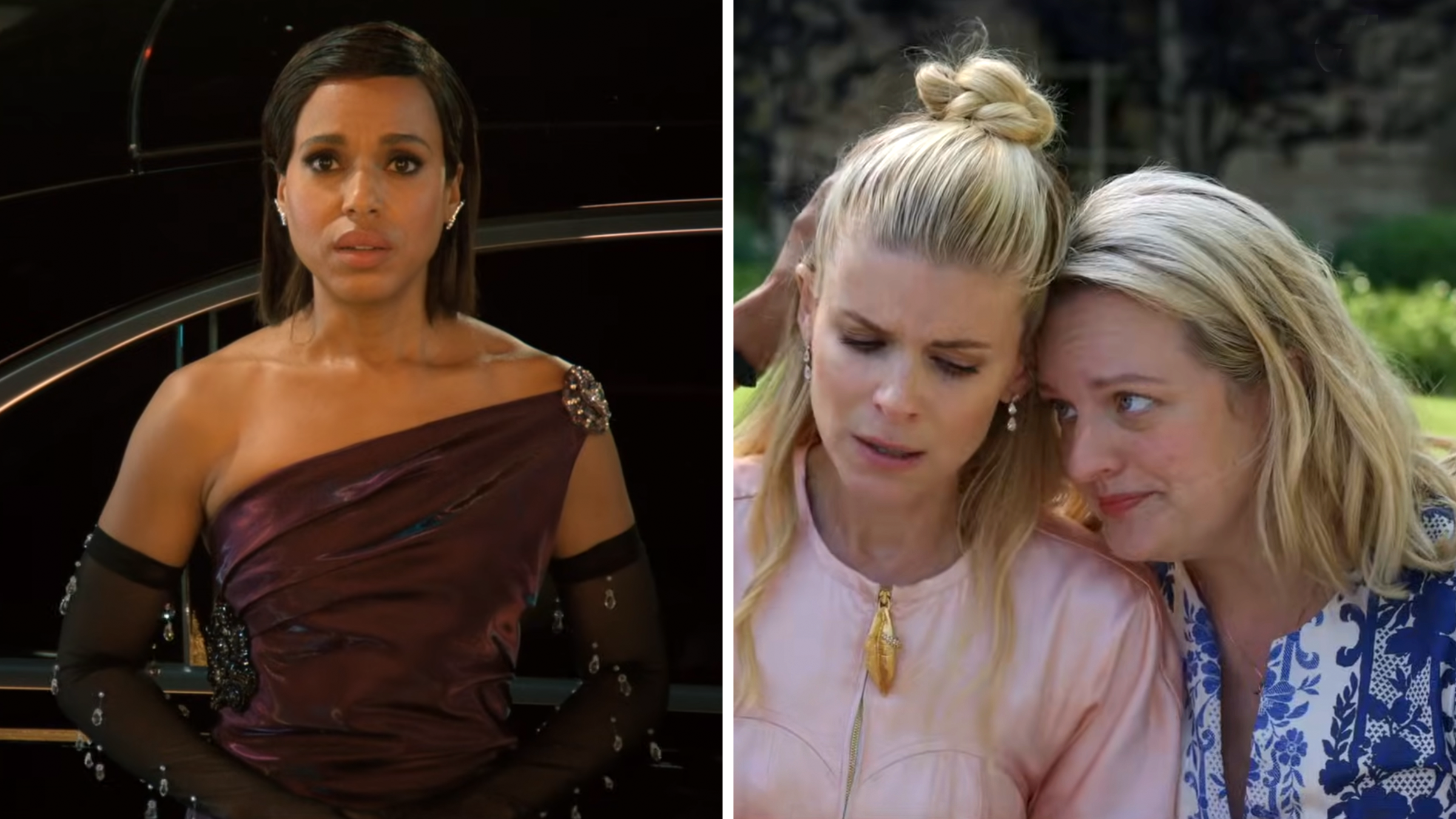On March 31, 2016, a YouTube musician named TheFatRat uploaded a song called “The Calling,” an electronic dance music track that eventually accumulated more than 47 million views. Nineteen months later, a song called “The Calling” by a person named Andres Galvis appeared on the social media site, and it seems to be a remixed version of TheFatRat’s original track.
As reported by YouTuber Zen World, a Colombian music company called Ramjets—acting on behalf of Galvis—placed a content claim on TheFatRat’s original version of the song last month, basically saying that he had unfairly used a song that belonged to Galvis and Ramjets.
Now, TheFatRat has appealed the content claim, but in the meantime, he’s lost all of the monetization off his original video—which yields TheFatRat $3,000 per month—and he doesn’t know where to turn.
ARE YOU FUCKING KIDDING ME @YouTube ?!?! THIS IS MY FUCKING SONG!!! @TeamYouTube @youtubemusic @YTCreators pic.twitter.com/IToGnJuwDJ
— TheFatRat (@ThisIsTheFatRat) December 12, 2018
UPDATE: I'm sure I'll get this sorted out with a lawyer but @YouTube's attitude here is mind-blowing. A guy claims my video, @YouTube gives the monetisation to him but then tells me it's not their business. Also notice they call HIM "content owner"! IT'S #MYFUCKINGSONG GODDAMIT pic.twitter.com/yKlL9ctXh4
— TheFatRat (@ThisIsTheFatRat) December 14, 2018
TheFatRat, who has 3.2 million YouTube subscribers, indicated that his lawyer would try to get Ramjets prosecuted for filing a false Digital Millennium Copyright Act (DMCA) claim. But for now, he appears to be stuck. And two YouTube videos published Monday are pointing out what they say is a big problem for content creators: that music companies or individuals can just haphazardly make a content claim and shut down a creator’s monetization abilities and take that money for themselves.
“This situation is very scary for us,” Zen World said. “Imagine you’re a producer and you put your music on YouTube and it gets a lot of views. You start making a living from it. … Then this company from another part of the world decides, to say, ‘Nope, this our own copyrighted work’ … Then, you’re stuck. There’s nothing you can do. … YouTube ain’t going to do shit for you.”
YouTube comedian Gus Johnson (nearly 700,000 subscribers) also made a video in which he declared “YouTube's content claim system is out of control and we need to do something about it.”
Johnson said he’s been hit with copyright claims multiple times. The latest he said occurred when he created a video about “Bohemian Rhapsody.” In the video, he wondered if all the people making reaction videos claiming to never have heard the massive Queen hit were actually lying.
Johnson said he didn’t play “a microsecond” of the song but still got manually flagged for it, meaning it didn’t come from YouTube’s automatic flagging system, but from an individual.
“Some motherfucker went in and manually claimed this video as containing stuff from EMI Music Publishing,” he said of the video that got more than one million views. “Manually fucking claimed.”
Johnson, Zen World, and TheFatRat aren’t the only YouTubers worried about this issue. Others like PewDiePie, still the world’s most popular YouTuber, showed their support as well.
https://twitter.com/pewdiepie/status/1074960196517142528
https://twitter.com/SnazzyQ/status/1074925380803297280
TIL someone can reupload a chopped up version of your content, copyright claim the original and draw revenue from it, and YouTube will just let that happen.
— Alex Dobie (@alexdobie) November 22, 2018
The video being claimed has 600k+ views. The reuploaded, chopped up version which YT thinks we're infringing upon has 10k. pic.twitter.com/H4P6h93CYb
One redditor wrote, “Last year I was making some educational nature videos and putting them on YouTube (I'm pretty passionate about wildlife). In one video I filmed a tide pool at the beach, identifying some of the neat little things in it. I was shocked to get a notice that my video has been claimed—this was content I filmed myself with narration over it. The issue was THE SOUND OF THE WAVES. A channel that does "Relaxation Videos" (ie: 'Fall to Sleep with the Sound of Crashing Waves') claimed my audio. I appealed it, and nothing was done.”
According to the YouTube support page, “in most cases, getting a Content ID claim isn’t a bad thing for your YouTube channel. It just means, ‘Hey, we found some content in your video that’s owned by someone else.’ It’s up to the copyright owners to decide whether or not others can reuse their original material. In many cases, copyright owners allow their content to be used in YouTube videos in exchange for having ads run on those videos.”
If a YouTuber believes that the system either misidentified the video or believes that they have the right to use that content—if, for example, it’s their original work—they can dispute the claim, giving the person who made the claim 30 days to respond. If the flagger rejects the dispute, the creator can then file an appeal.
But if the creator loses that appeal, a strike could be issued on their YouTube channel—which could affect their ability to make money on their channel.
Meanwhile, the money that’s being generated off the video is temporarily held until the dispute and appeal is completed. But if it’s determined the flagger is in the right, that money will go to them instead of the creator.
A YouTube spokesperson did not immediately give a comment but told the Daily Dot it was investigating the issue.
On its LinkedIn page, Ramjets says it wants to help “creators of all sizes reach new levels on YouTube” and says one of its specialties is to manage content and advertising campaigns on YouTube. The website linked off the Ramjets Twitter and LinkedIn pages does not exist, and the ramjets.co domain is for sale.
A Twitter message sent to Ramjets by the Daily Dot asking for comment was not immediately returned. An email sent to the Ramjets website also was not returned.
Update 7:37am CT, Dec. 19: A YouTube spokesperson told the Daily Dot it is not up to the platform to decide who owns the rights to the content. It simply gives copyright holders the ability to make claims and the content creators the ability to dispute those claims that are incorrect. YouTube maintains that the company has teams dedicated to investigating abuse of the content claims system, and if there is repeated abuse by a flagger, YouTube could ban that flagger from making content claims (YouTube said it's revoked access to hundreds of users).
Last week, YouTube removed the claim from the flagger who said TheFatRat was using copyrighted material, and less than a day after Johnson filed a dispute on his video, the flagger released that claim. That means both YouTubers shouldn't have to worry anymore about those specific videos.
Neither TheFatRat nor Johnson returned emails from the Daily Dot to see if they were satisfied with the outcome.






